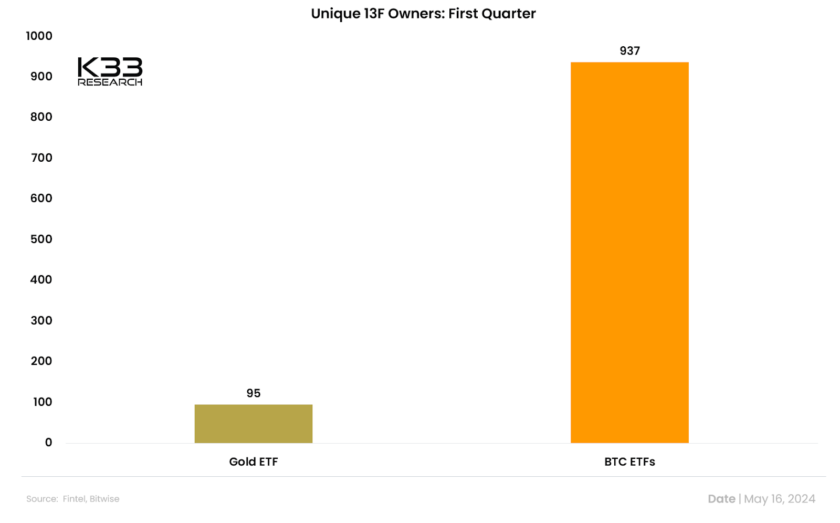Regulation is sometimes positioned as the enemy of innovation, an antagonistic force that reduces progress in the name of bureaucracy. However, when implemented sensitively and proportionately, regulation can strengthen a private sector’s reputation by creating the conditions necessary for businesses to focus on and enhance innovation.
Getting this right means working with entrepreneurs and providing them the opportunity to innovate and experiment while also enforcing standards that promote proper corporate governance and prevent illegal activity. Through ensuring robust controls, today’s evils such as money laundering and terrorist financing can be aptly combated. An open dialogue between regulators and businesses makes companies and entrepreneurs stakeholders in building a new and open ecosystem.
Related: A minister’s look at regulation and innovation: A necessity to strike a balance
A critical aspect of proactive regulation involves not making new, emerging technologies subject to compliance with existing legislation. Much of this regulation presumes that money is a physical good relying on central banks and complex international agreements to maintain value. Regulation of distributed ledger technology needs to start from the perspective that the technology is creating a fundamentally new source of value and a new way of doing business.
Related: A minister’s look at healthcare: Providing fertile ground for blockchain innovation
Through a thoughtfully selected working group with participants from the private sector, the government and regulators, Gibraltar began considering the regulatory process for DLT. We then specifically built our regulation from first principles for a digital environment, avoiding the temptation to be restrictive or draft regulation aligning to a phase of technology maturity that risks being outdated. This approach is based around principles rather than exacting standards, allowing us to uphold our commitment to high regulatory standards while also giving us the flexibility to provide a “live” regulatory framework for an exciting and rapidly changing marketplace. Nine principles provide the basis for a healthy and flexible relationship with DLT providers.
Commitment to these principles has created a thriving DLT sector within Gibraltar. Going forward, we will continue to adapt and enhance them as they support and define this industry. We view these principles as living instruments not set in stone. We have updated seven of the nine principles since their taking effect in 2018 — we consider this to be a feature rather than a bug. The principles were designed with a certain level of flexibility built in. This, combined with a regulator that has the ability to make agile adjustments in line with market needs, is something that sets Gibraltar apart in global finance.
We are also working on adding a tenth core principle, determining how to further protect market integrity by legislating to eradicate market manipulation. Market manipulation creates no value and damages both the brand and reputation of the entire DLT industry, so we believe this action will bolster the sector and add tremendous value to companies based in Gibraltar.
In order to bring virtual asset server providers, or VASPs, in line with international standards while unleashing their potential, we need to ensure robust, accurate records of all transactions they facilitate, as per the Financial Action Task Force’s requirements. Doing so has the added benefit of underlining the value of digital assets for their ability to disintermediate and disrupt traditional finance, reducing any unwelcome association with illegal payments.
By prioritizing innovation in this way, Gibraltar regulators can act as trusted partners with the DLT sector first and foremost. One example is our decision to define value within our regulation, which in turn clarifies the definition of VASPs. This offers reassurance to Gibraltar-based companies in that they have a clear confirmation of their regulatory status. The end result is that they are allowed to focus on building innovative businesses rather than worrying about their regulatory status or fearing that future regulation in their country of incorporation will threaten that status. Companies located in Gibraltar know what to expect from their regulators and know that their government is willing to communicate and work with the industry to build a fair and innovative DLT economy.
This certainty is key to empowering our firms to grow with the confidence they require. They can comply and benefit from a regulatory regime that seeks to promote innovation in a manner that mitigates risk and seeks to provide the consumer with the same protection they deserve from any regulated business.
The views, thoughts and opinions expressed here are the author’s alone and do not necessarily reflect or represent the views and opinions of Cointelegraph.
Albert Isola is Gibraltar’s minister for digital and financial services, with the primary responsibility of raising Gibraltar’s profile as a well-regulated financial services center, leading the way in DLT and online gaming regulation. Minister Isola previously served as Gibraltar’s minister for commerce, playing a central role in spearheading Gibraltar’s purpose-built DLT regulatory framework, which was introduced in January 2018 for firms using blockchain to store or transfer value.




